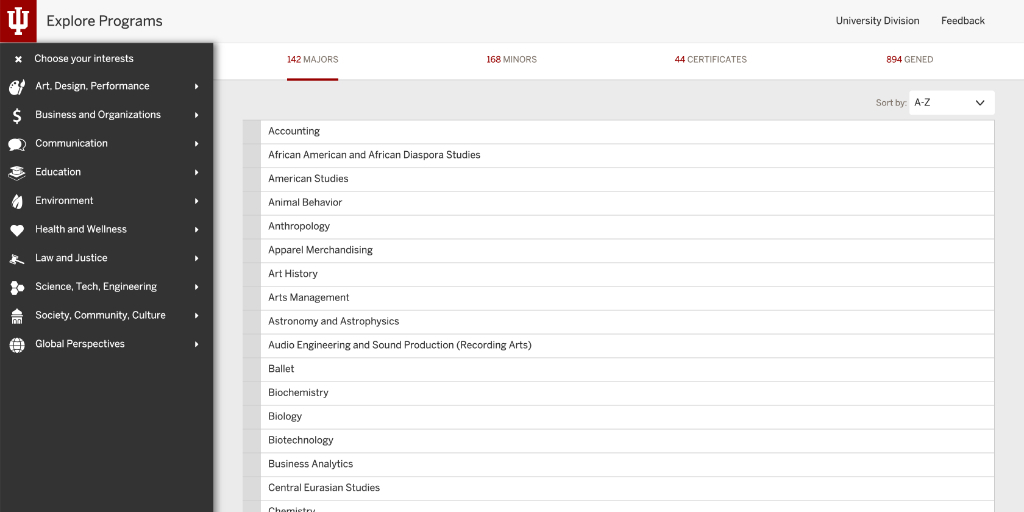Central Eurasian Studies Major Related Careers
The following careers are directly or indirectly related to the study of this major. Click the job title to learn more about it. To search for more career options, visit OnetOnline.org.
The Department of Central Eurasian Studies is part of the Hamilton Lugar School of Global and International Studies in the College of Arts and Sciences. Students can major in Central Eurasian Studies with either a track in Central Eurasian Studies or Language and Civilization. The department strives to develop the students’ skills in conducting independent research on a Central Eurasian region.
The CEUS degree requires study in one or more Central Eurasian languages. Advanced coursework gives you a depth of knowledge about at least one of the following geographic regions: Tibet, the Central Asian Muslim republics, Xinjiang, Afghanistan, Iran, Turkey, Hungary, and/or the Baltics. Students develop language proficiency and cultural competency while studying current cultural and political situations within their historical contexts.
Freshmen who enter the university with some previous knowledge of a CEUS language are required to take a placement test to determine which course is most appropriate for them. Such students should contact the department (812-855-2233) for information about the placement test.
For detailed information about this major and degree requirements, visit the departmental website and the College of Arts and Sciences Academic Bulletin.
Talk with a coach about your questions related to this major, your interests, and your career goals.
Schedule an appointment
University Division's Explore Programs tool is the place to go for academic information about any IUB major, minor, or certificate.
Open in Explore ProgramsThe following careers are directly or indirectly related to the study of this major. Click the job title to learn more about it. To search for more career options, visit OnetOnline.org.
John Holland developed a theoretical framework consisting of six general themes that describe broad areas interest relating to self and the working world. If you are interested in discovering your career interests, visit our Learn more about yourself page to learn about the Strong Interest Inventory.
This major consists of the following themes:
Below is a sampling of skills related to this major mapped from the Skillscan Driver Assessment. The SkillScan assessment provides a simple 3-step process to help you learn about your strengths and weaknesses, the skills you enjoy and want to use in a career and those skills needing development. Consider taking the SkillScan assessment to better understand your skills as it relates to majors at IU.
Our unique IU Career Guides offers the A-Zs of each field’s preferred educational backgrounds, as well as employment opportunities and insider tips, industry-related interview questions, and a lot more. Below are related career guides for this major.